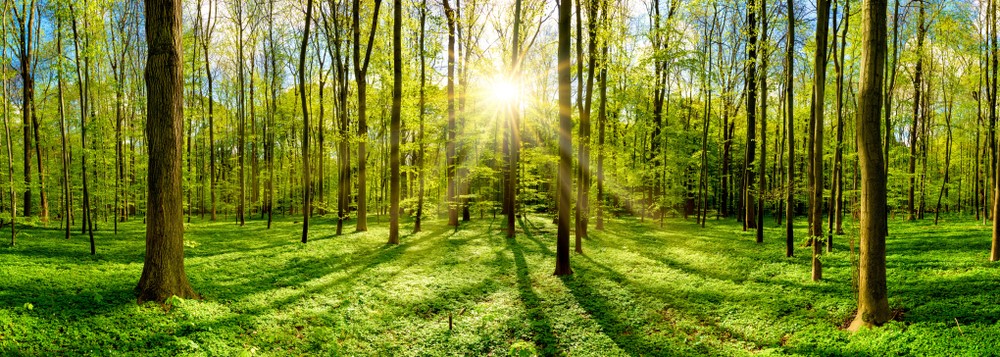MigFoRest - assisted Migration to increase Forest Resilience (EVINBO)

Forest (Shutterstock)
Details
Humanity largely depends on the ecosystem services provided by forests, that needs to be protected from the increasing disturbances caused by climate change. Forests represent significant proportion of NWE lands: BE 22.6%; FR 27.1%; NL 8.9%; DE 32%. Currently, 60% of forest land of NWE is covered with tree species sensitive to climate change (beech, spruce, oak, etc.) and there is increasing evidence of dieback of these species.As outlined in the 'EU Forest Strategy 2030' published by the European Commission (July 2021), assisted migration (AM) is an effective way of strengthening our forest systems and their resilience to future changes. This solution involves speeding up the migration of trees from the south of Europe, in a context of global warming.
Indeed, the climate has always changed and both animal and plant species have adjusted to these changes by migrating to the North or South as the climate has warmed or cooled. Today, however, changes to the climate are happening far too rapidly to enable species of tree to migrate sufficiently quickly. This means there is a risk of seeing whole populations of trees disappear in their native region because the climate no longer suits them.
In this instance, the role of foresters will be to imitate nature and speed up their work by artificially accelerating the speed at which trees can migrate. This is called assisted migration (AM) and it is one of several solutions that is privileged to anticipate the effect of climate change on our forests.
The project aims to deploy assisted migration of tree species at the scale of the NWE territory, for better anticipation of climate change and improved resilience of the forest ecosystem in a crossborder approach, by integrating the concept of functional complex network to increase tree genetic and species diversity. We don't have to wait that the trees planted are adults to pursue AM: the project isn't an experimentation, we ambition to show how to do it in NWE territories, taking advantage of the similarity of the climate of the partner's countries.
The results of the project will be:
(1) the development of a common strategy for implementing AM in NWE (except Ireland, due to a climate that is different than the other NWE's areas);
(2) the identification of the tree species concerned, including analysis of their biological potential and invasiveness;
(3) the implementation of a joint genetic analysis of source and recipient tree populations;
(4) the deployment of the AM in 5 territories in different NWE regions, including the planting of at least 100,000 trees;
(5) the creation of 3 seed orchards to supply forest managers in the future;
(6) the development of tailor-made awareness-raising and training material for target audiences: public authorities, forest owners, nursery men and the general public.
The partners will develop joint responses to a problem that transcends the borders of our countries, drawing on the results of local experience and providing solutions to strengthen the resilience of our forests. The partner countries share the same type of climate (Maritime North), making it all the more relevant to tackle the issue at this level.
| Status | Running |
|---|---|
| Actual start/end date | 01/01/2024 - 30/06/2028 |
Teams
INBO Research theme(s)
- Forest
- Climate
- Invasive species
Tags
- tree-species
- forests
- invasive
- climate
- forestry
- migration
- alien
- alien
- forests
